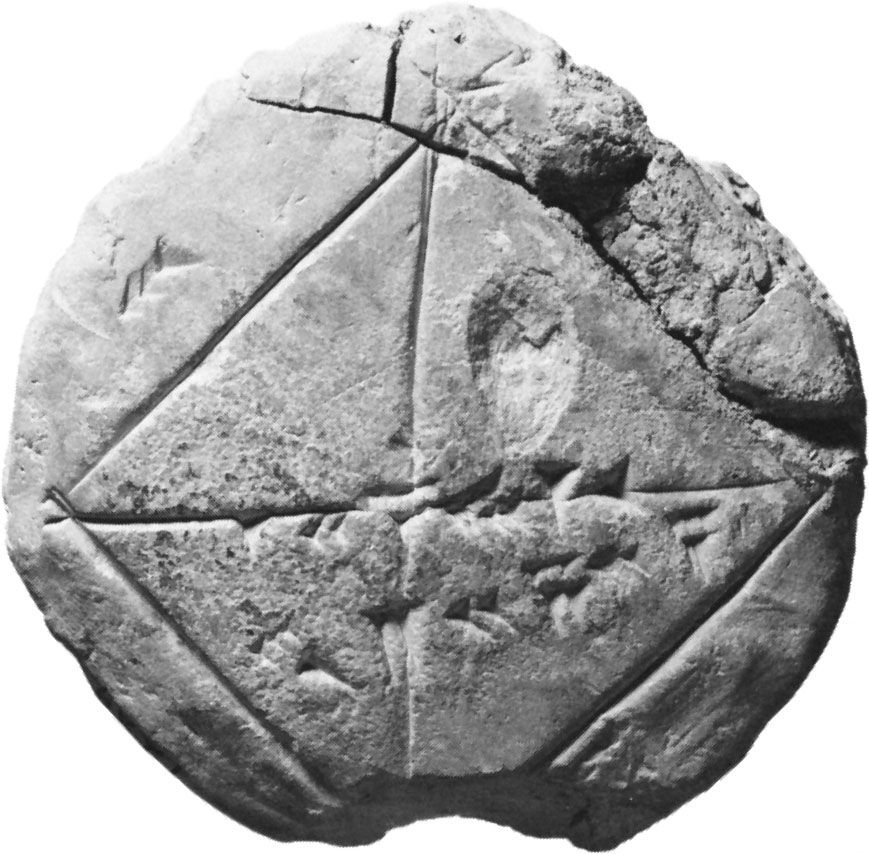
the time of Cardano, being illegitimate was not a barrier to societal acceptance, which seems inconsistent with the prior statement. After this, we delve into the exciting world of calculus and the developments brought forth by Newton and Leibniz. Lawrence presents a captivating discussion on the enduring debate over priority, although it’s notably limited.
Transitioning to the modern period, the focus shifts to the rise of non-Euclidean geometries and the revolutionary contributions of mathematicians like Riemann and Lobachevsky. Here, the exposition becomes a bit sparse, missing a deeper exploration of the implications these developments had on the understanding of space and mathematics.
In the closing chapters, she brings us to the 20th century, highlighting significant advancements in mathematical logic and set theory, particularly through the works of Cantor, Gödel, and others. However, while the coverage of these topics is commendable, the treatment remains somewhat superficial, lacking the depth and nuance that seasoned readers might seek.
Ultimately, Lawrence’s *A Little History of Mathematics* serves as an accessible introduction to the subject, with its charming essays and broad sweep of topics. It’s well-suited for those new to the field but may leave more experienced readers wishing for a more rigorous exploration of the profound ideas that have shaped mathematics through the ages.